
As the hours tick away, ICD-10 is almost here. For practice, this doesn’t mean you need to panic, these last minute tips should be of assistance.

As the hours tick away, ICD-10 is almost here. For practice, this doesn’t mean you need to panic, these last minute tips should be of assistance.
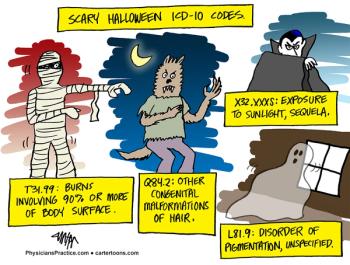
With Halloween and Oct. 1 both coming up, here is a look at the scary sights of ICD-10. Which do you find more frightening - ICD-10 or Halloween?
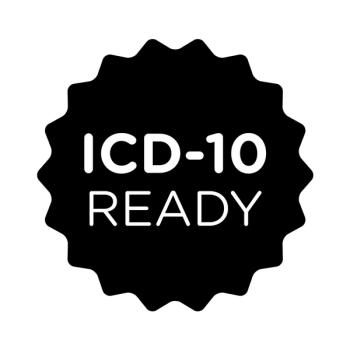
For small practices that feel behind on ICD-10 readiness, one potential solution would be for them to partner with a local large health system.

An ICD-10 critic goes over four myths that have been pushed by the coding set’s supporters and why he is against the transition

The upcoming coding change requires reimbursement monitoring by practices and perhaps a review of claims appeal processes as well.
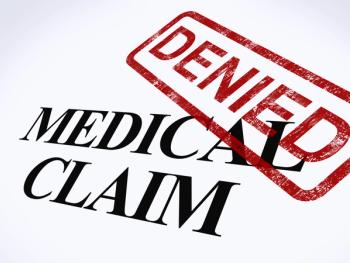
Answers from our coding expert on questions regarding new versus established patients; split/shared E&M; 92060 requirements; and same-day admit/discharge.

On Aug, 27, CMS held a “National Provider Call,” on ICD-10. Here are some of the key takeaways and an ICD-10 preparation checklist.


Creating a game plan for dealing with an increase in denied claims during the first few months of ICD-10 can save you money and headaches.

Oct. 1 will be here before you know it. If you aren't ready for ICD-10, it's time to narrow your focus.

When choosing between modifier 52 and modifier 53, ask yourself, "Why did the provider not complete the procedure or service?"

Practices that are not ready for ICD-10 will have to deal with significant issues, so it’s time for them to seek guidance from payers and others.

Here are some diagnoses primary-care physicians should pay attention to in order to code correctly and get properly reimbursed.

When ICD-10 hits on Oct. 1, coding habits aren’t the only thing that will require adjustment. Here are five EHR-specific tips for the transition.

WEDI's ICD-10 readiness survey paints an ugly picture for physician practice readiness. However, one expert said the situation may not be that bad.
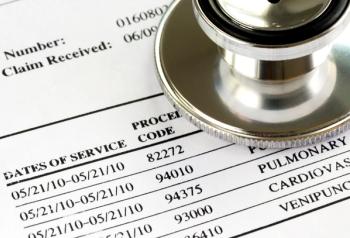
Take a quiz on CPT codes, denials, CARCs, and other medical claims information, using data from the first quarter of 2015 provided by RemitDATA.

CMS recently offered new tools for the ICD-10 transition. But some providers are still floundering.

With less than two months to go before the ICD-10 goes live, most physician practices haven't done readiness testing. Why not?

Insurers typically do not reimburse an E&M service and procedure performed on the same date of service. But, careful documentation can change that.

Your patients probably don't care about ICD-10, but there may be situations in which you might want or need to tell them.

Here are 11 tips to ensure your practice will be on track for a successful ICD-10 transition come Oct. 1, 2015 and beyond.

Find out what the recent agreement between the AMA and CMS means for physicians going forward.

Establish appropriate staff training for ICD-10 at your medical practice with a keen eye on your revenue cycle management.

Our coding expert discusses coding for low-level MDM; teaching physician requirements; referral confusion, and transitional care management.
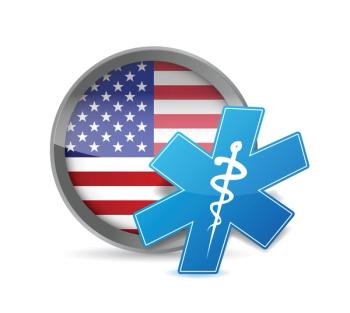
While recent concessions made by CMS on the ICD-10 transition may relieve stress for practices making the transition, some say it’s not enough.